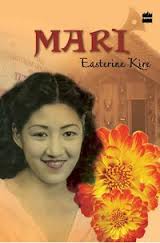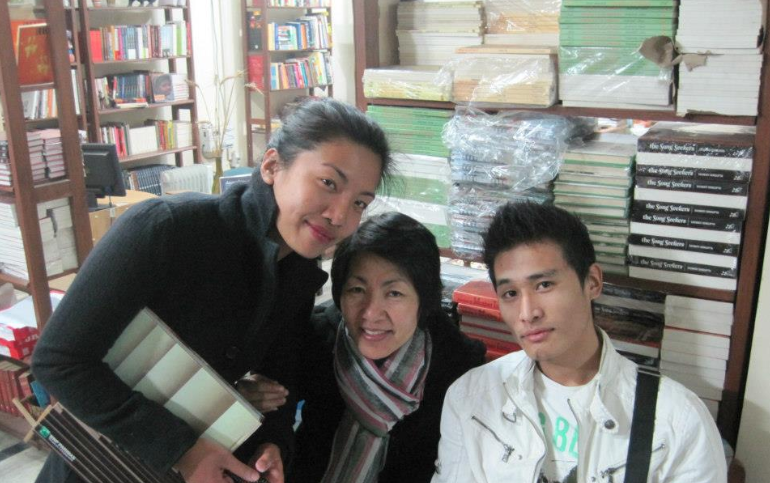Easterine Kire Angami
m (Pdewan moved page Easterine Angami to Easterine Kire Angami) |
|||
| Line 1: | Line 1: | ||
| + | [[File: easterine kire2.jpg|Easterine Angami|frame|500px]] | ||
{| class="wikitable" | {| class="wikitable" | ||
|- | |- | ||
| Line 15: | Line 16: | ||
[[Category:Name|Alphabet]] | [[Category:Name|Alphabet]] | ||
[[File: easterine kire.jpg|Easterine Angami|frame|500px]] | [[File: easterine kire.jpg|Easterine Angami|frame|500px]] | ||
| − | [[File: easterine | + | |
| + | [[File: easterine kire3.png|Easterine Angami|frame|500px]] | ||
Location Nagaland, Kohima | Location Nagaland, Kohima | ||
Revision as of 18:00, 21 October 2013
You can send additional information, corrections, photographs and even Readers will be able to edit existing articles and post new articles directly |
Location Nagaland, Kohima
Easterine Kire (Iralu) has written several books in English including three collections of poetry and short stories. Her first novel, A Naga Village Remembered, was the first-ever Naga novel to be published. Easterine has translated 200 oral poems from her native language, Tenyidie, into English. Her forthcoming books include Forest Song; a volume of spirit stories; and Bitter Wormwood, a novel on the Indo-Naga conflict. Easterine is founder and partner in a publishing house, Barkweaver, which gathers and publishes Naga folktales.
A Terrible Matriarchy ( 2007) by zubaan and MARI ( 2010, harper collins) has received rave reviews and is currently the bestseller amongst the Nagas worldwide. She writes poignant themes from Nagaland and has managed to carve a niche for herself and the upcoming writers of Nagaland, and most importantly of the Nagas around the world. On her Facebook group of MARI, the book, it is easily visible that her appeal stretches much beyond the Nagas and her readership includes other mainstream Indians as well as International readers. 2011 saw her participating in FREE THE WORD FESTIVAL of the English PEN writers.


